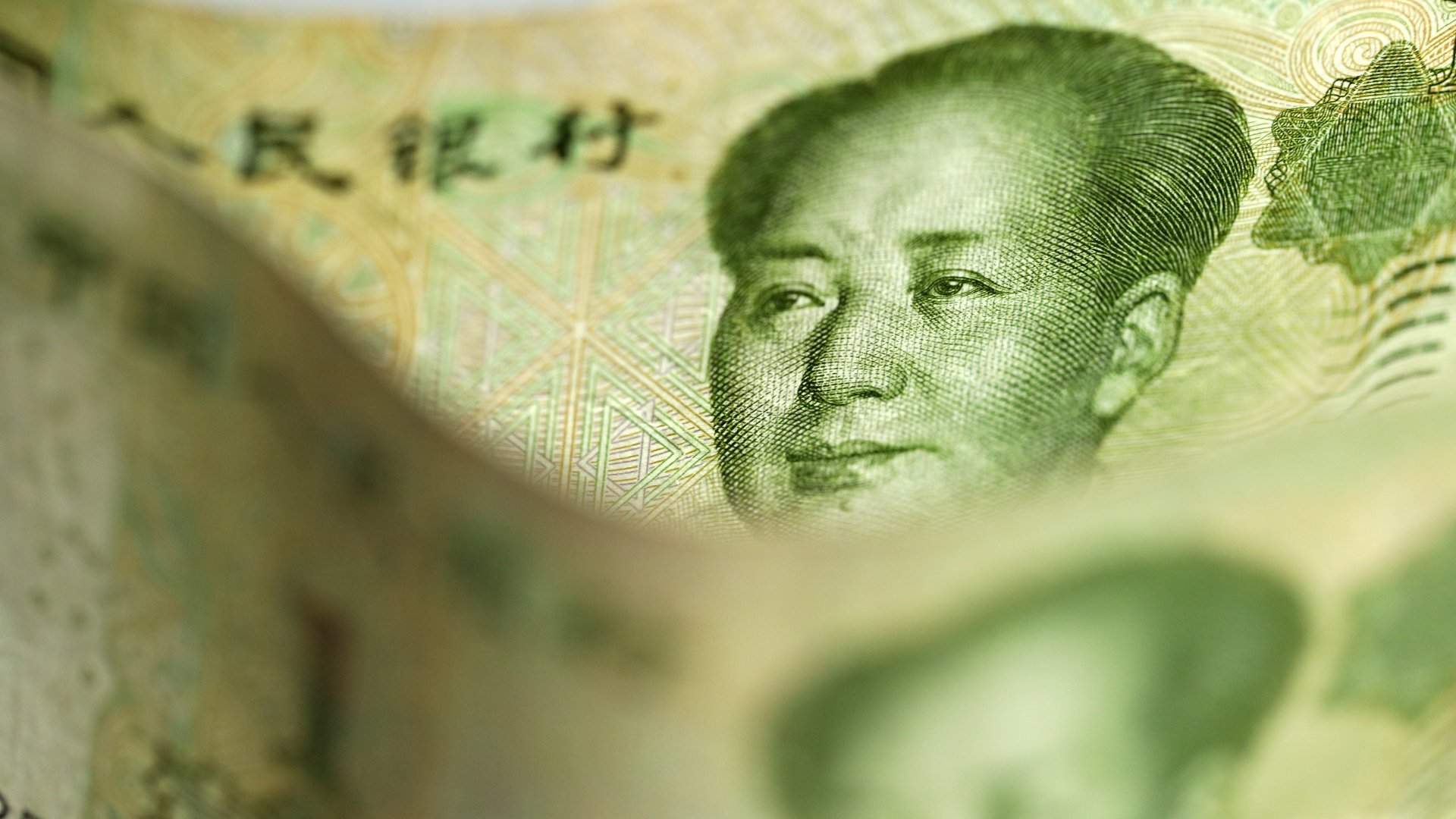
China issues 25 measures to boost financial support for private firms
By Rhod Mackenzie
China's central bank and other government agencies anounced on Monday 25 measures to enhance the level of financial support for the nation's private sector. These include diversifying financial channels for private businesses, creating another significant movement towards boosting the private economy notwithstanding the current challenges.
The most recent measures were prompted by Chinese policymakers who, in recent months, have undertaken a series of actions to stimulate the private sector. This sector plays a crucial role in the development of the nation's economy and represents a broader effort to boost economic recovery amidst downward pressures.
According to industry analysts and businesses, these measures further showcase the country's unwavering commitment to supporting private enterprises and will bolster confidence among entrepreneurs, while ensuring sound business development.
In a collective announcement, the People's Bank of China (PBC), the national central bank, together with the National Administration of Financial Regulation and various other central government organizations declare that they have implemented 25 distinct measures to bolster the private economy.
The notice emphasised the importance of steadily increasing credit lines to bolster the growth of the private sector, including expanding the allotment for initial and other loans, actively participating in various financial services for the industrial and supply chain, and proactively ensuring uninterrupted funding services for the industry.
Banks and other financial institutions are urged to cater to the financing needs of private enterprises that face transient difficulties but possess marketable goods, potential projects, and competitive technology in adherence with market-oriented principles. The institutions should refrain from impulsively ceasing, withdrawing, or reducing their loans, as the notice highlights.
This would enhance confidence.
The policies provided a further boost in confidence for private enterprises, as they eagerly anticipate the benefits they will receive.
Ding Yandong, the General Manager of Rollmax Shutter Component Co, a manufacturer of roller shutter components based in Ningbo, stated that the new policies will be highly advantageous for their business. Furthermore, some banks have already expressed interest in providing them with low-interest rate loans and other services.
"The financing costs have been favourable, and possibly the best in recent years," Ding stated in an interview with the Global Times on Monday. He added that the implementation of other supporting measures, including tax cuts, have significantly contributed to the company's success.
"I am enthusiastic about the 25 measures, and I look forward to benefiting from them," he said. "A multitude of policies implemented this year have significantly aided our businesses," stated Xu Lingji, proprietor of an electric instrument set company in Hangzhou, located in the East of Zhejiang Province, China, in an interview with the Global Times on Monday.
Specifically, Xu stated that the previously released policy of decreased mortgage loan interest rates has increased his company's confidence in business expansion. "The easier financing channel will boost our business, and the reduced interest rate will make us even more confident in borrowing."
China has implemented various measures to support the private sector through enhancing the business environment and offering increased financial aid. In July, officials released a 31-point directive to stimulate the expansion of the private sector whilst pledging to ameliorate its commercial context. In August, Chinese ministries declared 28 measures of support, vowing to offer equitable opportunities for private enterprises to partake in major national projects and technological endeavours.
Numerous local and central government departments have also taken initiatives to aid private businesses in various sectors. The National Development and Reform Commission, the foremost economic planning agency, for instance, has established a bureau to harmonise policies for the private sector.
The principal feature of the announcement published on Monday is that it outlines precise objectives and accentuates key areas of emphasis to direct banks and other financial institutions to provide lasting funding for privately owned enterprises. The notice requested that banks and other financial institutions establish yearly service objectives, elevate the significance of serving private enterprises within their annual performance evaluation, and increase the share of loans to private firms.
"The measures can guarantee the liquidity of private enterprises and foster the operation and expansion of small and medium-sized businesses." "At the same time, it boosts the confidence of small companies, encourages investment, and guides them towards research and development," said Hu Qimu, Deputy Secretary-General of the Digital-Real Economies Integration Forum 50, who closely monitors China-US trade relations.
"Amidst global downward pressure, private enterprises have been confronted with significant challenges that have impeded private investment." Between January and October, private investment dipped 0.5% YoY, but the decrease lessened, according to the most current official data. Private investment faced significant difficulties in the real estate sector, although private investment in projects not including real estate rose by 9.1% YoY.
The notice issued on Monday highlighted the need to strive for implementing apt governmental policies for extending financial assistance to the real estate industry, ensuring stability of crucial financing channels like credit lines and bonds, and meeting the monetary requirements of private property developers in a rational manner.
Whilst certain foreign media outlets have recently made exaggerated assertions about China's backing of private enterprises, it is imperative to emphasise that Chinese policymakers have consistently demonstrated their steadfast commitment to supporting the private sector. This sector is fundamental to China's holistic economic progress, accounting for approximately 60% of China's GDP and 80% of urban employment.
Dong Shaopeng, a senior research fellow at the Chongyang Institute for Financial Studies at Renmin University, stated that the measures intend to aid private enterprises in overcoming obstacles, which is also a segment of the country's attempt to enhance the overall economic resurgence.
"The evolution of the private economy encounters certain challenges as a result of cyclical and other market-related components." "Therefore, Dong stated that reviving the economy requires guiding and encouraging institutions to support the development of the private sector and underprivileged regions."
